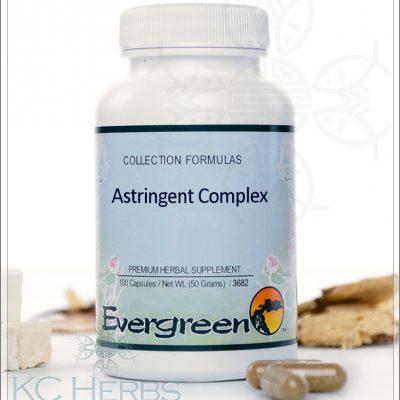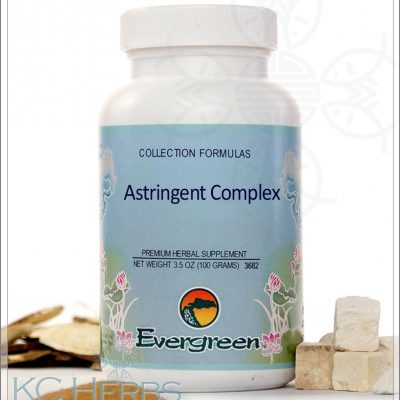Inflammation Acute and Chronic

Inflammation in Chinese Medicine
Inflammation is a complex biological response that protects the host organism from harmful stimuli, such as infections or irritations. Inflammation may be classified as either acute or chronic. Acute inflammation is the initial response of the body to harmful stimuli. Chronic inflammation, on the other hand, is a disease. Acute inflammation begins with increased blood perfusion to the affected areas, leading to localized redness and heat. In cases of infection, the blood vessels become more permeable and allow various immune cells to leave the blood vessels and enter the affected areas. Some cells, such as macrophages and neutrophils, engulf and digest micro-organisms. Other cells release hydrogen peroxide (and other oxidative chemicals) to kill micro-organisms so they can be consumed and cleaned up by phagocytes. In cases of irritation, such as an allergy, there is an inappropriate immune response that triggers inflammation. When exposed to an allergen (an irritation factor), pre-sensitized mast cells respond by degranulating and releasing histamines, which in turn propagate an excessive inflammatory response. This is characterized by blood vessel dilation, production of pro-inflammatory molecules, and recruitment of leukocytes. In both cases, the initial inflammatory response is a healthy and natural response against infections and irritants, and without it, the body would not be able to properly defend and heal itself.
Once the threat of infection has passed or the presence of the irritant has been removed, the body returns to its normal condition. In cases of chronic inflammatory disease, the immune system develops an inappropriate response to something it has been exposed to in the past, and becomes confused. Instead of protecting the body, the immune system begins to attack the healthy cells. The immune system can attack various tissues and organs, and cause a wide range of problems to the external and internal parts of the body. Examples of chronic inflammatory diseases include arthritis, rheumatoid arthritis, tendonitis, bursitis, gouty arthritis, polymyalgia rheumatica, systemic lupus erythematosus, osteoarthritis, celiac disease, vasculitis, bronchiolitis, irritable bowel disease, atherosclerosis, psoriasis, myocarditis, nephritis, colitis, iritis, hay fever, and many more. In fact, Dr. Andrew Weil has stated that chronic inflammation may be “the root of all degenerative disease,” and the “cause of the two greatest killers in America: cancer and heart disease.
Best Chinese Herbs for Inflammation
- Cang Zu
- Zhi Mu
- Ze xie

